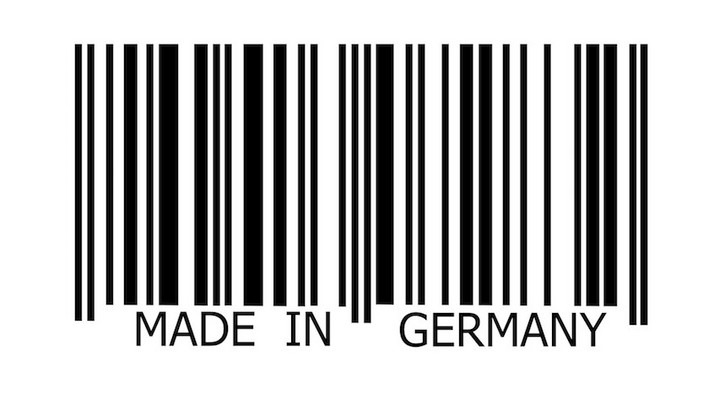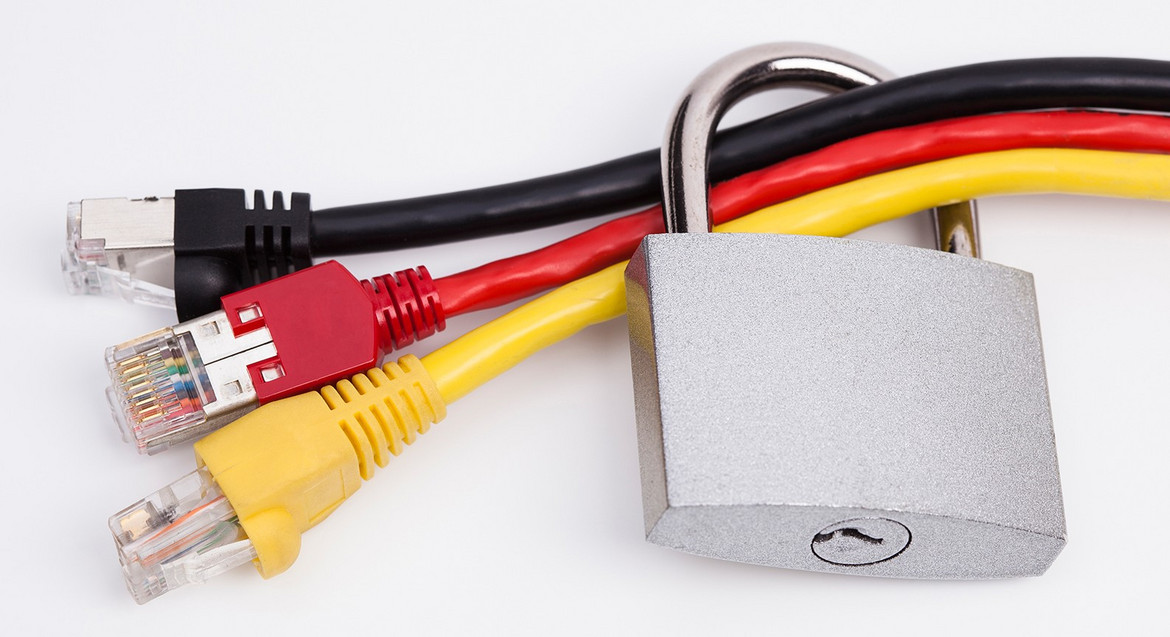What Does “Made in Germany” Mean In The Digital Age?
Initially meant as a warning, the term “Made in Germany” quickly became a label signaling quality. Today, Germany still lives off its engineers and craftsmanship – but in the digital age, old industries have to embrace new technologies to live up to their image. Mathias Röckel explains.

© flik47 | iStockphoto
Did you know that the phrase “Made in Germany” was not made in Germany? It was the British who coined it. Did you know it was meant as a warning that German-made knives, scissors, saws, or other products made of steel were poor quality and that the smart choice would be to acquire the Sheffield-made original instead?
The “Merchandise Marks Act 1887” was, of course, not limited to imports from Germany. All foreign-made products competing with domestic products had to carry the “Made in…” warning. But “Made in Germany” stood out because what was meant as a warning for British consumers resulted in boosting the motivation of German engineers. Catch up with the industrial revolution: they wanted to indeed, and catch up they did.
By the beginning of the new century, “Made in Germany” was no longer a warning, but a seal of quality. In post-war Germany, the phrase became one of the key drivers for what is called the “Wirtschaftswunder” or economic boom. Today, it is a standard still recognized in the world of trade – and it is up to modern companies to live up to that promise.
Can German industry keep the promise of “Made in Germany”?
What does German industry look like today? Take a look at the DAX and you will see that Germany’s 30 largest companies tend to be well established. They represent industries that have contributed to the country’s wealth for decades: cars, chemicals, banking, logistics, and manufacturing. Companies like Infineon Technologies, the semiconductor manufacturer; the software company SAP; or the telecommunications company Deutsche Telekom are the exception.
Take a look at the MDAX, where the 50 runners-up (excluding technology) are listed, and you will see the names of many world-class companies and hidden champions serving the same traditional key sectors.
Take a look at the TecDAX, where Germany’s 30 largest technology companies are listed, and you will see the names of many fine companies. One of them, Telefonica Deutschland, exceeds a market capitalization of 10 billion Euros. On a global scale, 10 billion Euros sounds like some potential remains to be unlocked.
Many of the companies listed in the three indices benefit from being able to sell their products with the label “Made in Germany,” despite their global footprints, and despite rightful objections that, as in the case of the automobile industry, large parts of the production chains have been sourced outside Germany’s borders.

Image: iStockphoto | Rallef
The Internet Industry Has Long Since Left Its Niche
At the same time, the Internet industry is growing more rapidly than any of the other industries. In Germany, like everywhere else, the Internet industry left its niche long ago, having matured from being a small slice of the overall economy to delivering services fundamental to every other industry.
This offers opportunities for both sides.
Modern technology companies are well aware of the expectations that come with “Made in Germany.” Whether they feel this label provides them with a head start or a burden, if they manage to fulfill the accompanying customer expectations, companies can turn them into a real advantage. Living up to these expectations can help companies catch up with the technology leaders whose market capitalization is a multiple of SAP’s currently 11 billion Euros.
With IoT about to change our lives, the need for diligently designed, safe, and secure products that have undergone a thorough impact assessment is getting bigger. Incidentally, IoT is also where Germany’s largest companies are about to get much more integrated with the Internet industry than they already are.
IoT marks another turning point. Now, the Internet moves from being a fundamental service to being a fundamental part of the final product. There is no reason why, with the help of the Internet industry, these products should not fulfill the promise associated with “Made in Germany.”
What can be learned from the origins of “Made in Germany?” Perhaps the main lesson is that when it comes to creating quality products, the most successful strategy German companies employ is not making the biggest or cheapest item faster than anyone else. The most successful German strategy may, once again, turn out to be diligence.


